Ismail Haniyeh, the leader of Hamas’s political bureau, was assassinated in Tehran, Iran on July 31, 2024, following his attendance of the inauguration of Iran’s new president. Iran and Hamas have accused Israel of the assassination but Israel has given no response, as is common practice when Israel is involved in an assassination. The assassination of Haniyeh followed the earlier killing of Fuad Shukr a senior Hezbollah commander in Beirut by Israel, as retaliation for an attack that left 12 dead in the Israeli-occupied Golan Heights.
Israel has stated previously that it would target Hamas officials wherever they are following October 7, and were successful in December when they assassinated Haniyeh’s deputy in Beirut, which brought ceasefire talks to a halt.
The targeting of Haniyeh who was leading negotiation efforts for a ceasefire in the Israel-Hamas War is a serious escalation, and its occurrence in the heart of Iran directly following the inauguration of Iran’s president, not only has serious implications on the Israel-Hamas War, but for Iran and its proxies as well, who have been targeted recently by Israel.
So far, Iran has not provided information on how the assassination occurred, with the Iranian Revolutionary Guard Corps (IRGC) stating that the attack is under investigation, it is likely that a precision guided missile was used to target the IRGC veteran’s mansion that he was staying in. Following the assassination, Iran's Supreme Leader Ayatollah Ali Khamenei, has pledged that Israel will face "harsh punishment" for its action in Tehran.
This is not the first time that Israel has been able to penetrate Iran’s borders to conduct assassinations, Israel has routinely been able to target Iranian officials such as its yearslong assassination campaign against Iranian nuclear experts and others involved in the Iran’s nuclear program. Most recent was the 2020 assassination of, Mohsen Fakhrizadeh, a leading Iranian military nuclear scientist, was killed by a remote-controlled machine pistol while driving outside Tehran.
Given Iran's direct and massive missile barrage against Israel in April, following the bombing of its embassy in Damascus, the world now faces significant questions: How will Tehran respond to the assassination of Ismail Haniyeh on its soil? Moreover, does Iran have the capability or incentive to contain the actions of Hezbollah and the Houthis, especially after Israel’s killing of Hezbollah’s Fuad Shukr in Beirut and its bombing of the Houthi’s Hodeidah Port?
Messages Behind the Assassination
The assassination of Hamas leaders is not unusual, the founder of Hamas, Sheikh Ahmed Yasin, was assassinated in 2004. A month later another senior leader Abdel Aziz al Rantisi was also killed by Israel. However, Haniyeh’s assassination is a significant and dangerous development that renews fears of an escalation of violence across the Middle East.
Haniyeh has often been described as a moderate leader within Hamas, advocating for pragmatic approaches to conflict resolution. He was the public face of Hamas’s diplomacy in Arab capitals and was leading efforts to negotiate a ceasefire in Gaza. In recent years he has been residing in Qatar, which hosts the political wing of the group, but he has shuttled between Turkey, Lebanon, Iran, and Egypt. Of all these countries, it was only likely that Israel would be able to target Haniyeh without serious diplomatic repercussions in Lebanon and Iran.
The assassination in Tehran is a significant escalation in both the Israel-Hamas War and between Israel and Iran. The assassination signifies a major violation of Iranian sovereignty and shatters the supposed security bubble of the Iranian capital, demonstrating Israel’s ability and readiness to conduct prominent operations in hostile territories.
The precise strike on Haniyeh’s residence, coinciding with the Iranian presidential inauguration, underscores the profound symbolic and strategic significance of this assassination. The accuracy of the attack and the timing of it proposes a highly coordinated endeavour, designed to communicate a precise message to both Hamas and Iran.
Although Iran has stomached similar violations in the past, such as the assassination of their leading nuclear scientist, Mohsen Fakhrizadeh, which resulted in Iranian threats but no substantial action, the current assassination tests the limits of Iran’s patience and impacts their image on multiple fronts.
Firstly, raises serious questions regarding Iran’s internal security protocols and susceptibility to external dangers. Secondly, and more importantly, the killing of Ismail Haniyeh, who was their guest, undermines Tehran’s credibility and has the potential to erode its influence among regional allies, who may question its ability to provide protection and assistance.
The Expected Reaction of Iran
Tensions between Iran and Israel have historically been high, however, since October 7 things have become notably more tense. Despite this, confrontation between the two was limited to Israeli attacks on Iranian proxies in the region.
This changed following Israel’s April bombing of the Iranian Embassy in Damascus where senior IRGC commanders were killed. The attack on its embassy provoked Iran enough that it launched a direct and unprecedented attack on Israel.
In short, the approximately 300 drones and missiles by Iran were intercepted by an international coalition that included Israel, U.S., U.K., Jordan, and France. Although the attack failed to cause any significant damage to Israel, Iran was able to show to its proxies at the very least that it was capable of responding to a direct attack by Israel.
Tehran could opt to leverage its proxies instead, but it has been clearly hesitant to send its most powerful proxy, Hezbollah, into a full-fledged war with Israel from Lebanon. Putting aside the enormous humanitarian disaster that such a conflict would cause for both the Lebanese and Israelis, Hezbollah remains a powerful card that Tehran will most likely only be able to use only once. As a result, they must exercise caution when making such decisions. This could lead Iran to further increase its support for its proxies around the region, which over the long run may increase the probability of a larger conflict.
However, this time Iran may not have the luxury of simply increasing funding for its proxies or showcasing its capabilities by launching drones and missiles. If Israel’s attacks were limited to the killing of Fuad Shukr in Beirut and the bombing of Houthi’s in Yemen, then Iran could have pressured its proxies to not respond so as not to escalate and expand the conflict to Lebanon and Yemen. Now, Iran has been attacked directly and one of Hamas’s key figures is dead, Iran has no option but to respond directly or risk losing its control of its proxies. Iran’s response will both define its role as a regional power, but also risk that slipping.
What's Next for Hamas?
The direct impact of the assassination of Haniyeh is the likely end to Israel’s fragile ceasefire negotiations with Hamas. His death will seriously undermine the ongoing dialogue among all parties involved, resulting in the Israel-Hamas War extending further and the continued increase of civilian casualties and the worsening of an already dire humanitarian crisis in Gaza. His assassination by Israel also clearly shows that Israel was negotiating in bad faith and had no serious intention of finding a short or long-term solution for the Israel-Hamas War.
Furthermore, Haniyeh’s assassination has the potential to pull Palestinian factions together by giving not only Hamas but the Palestinian people a martyr to gather around, and establishing a sense of unity against a common enemy, this effect may be further strengthened particularly following previous dialogue by Hamas and Fatah in China. This, in turn, may result in increased recruitment and support for militant operations.
Finally, the absence of a moderate such as Haniyeh within the highest levels of Hamas might embolden more militant factions within the organisation, leading to increased hostilities against Israel. This shift could cause more frequent rocket attacks, border clashes, and targeted assassinations, further destabilising the region.
Al Habtoor Research Centre’s Commentary articles allow researchers to provide quick, informed responses to ongoing topics, emphasizing personal perspectives and expert opinions without the weight of exhaustive citations. This ensures agility in addressing rapidly evolving subjects and enriches the discourse with authentic insights.


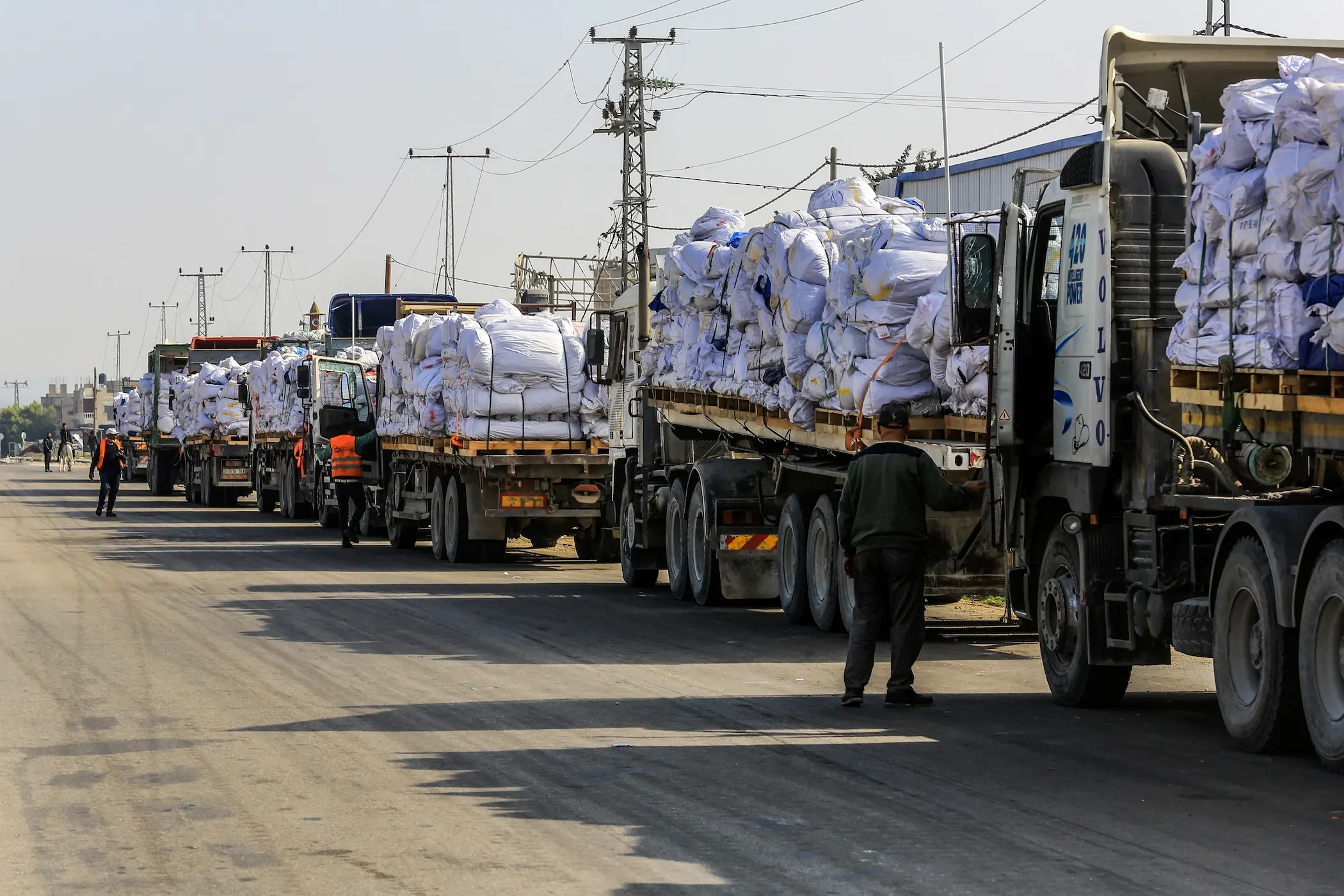


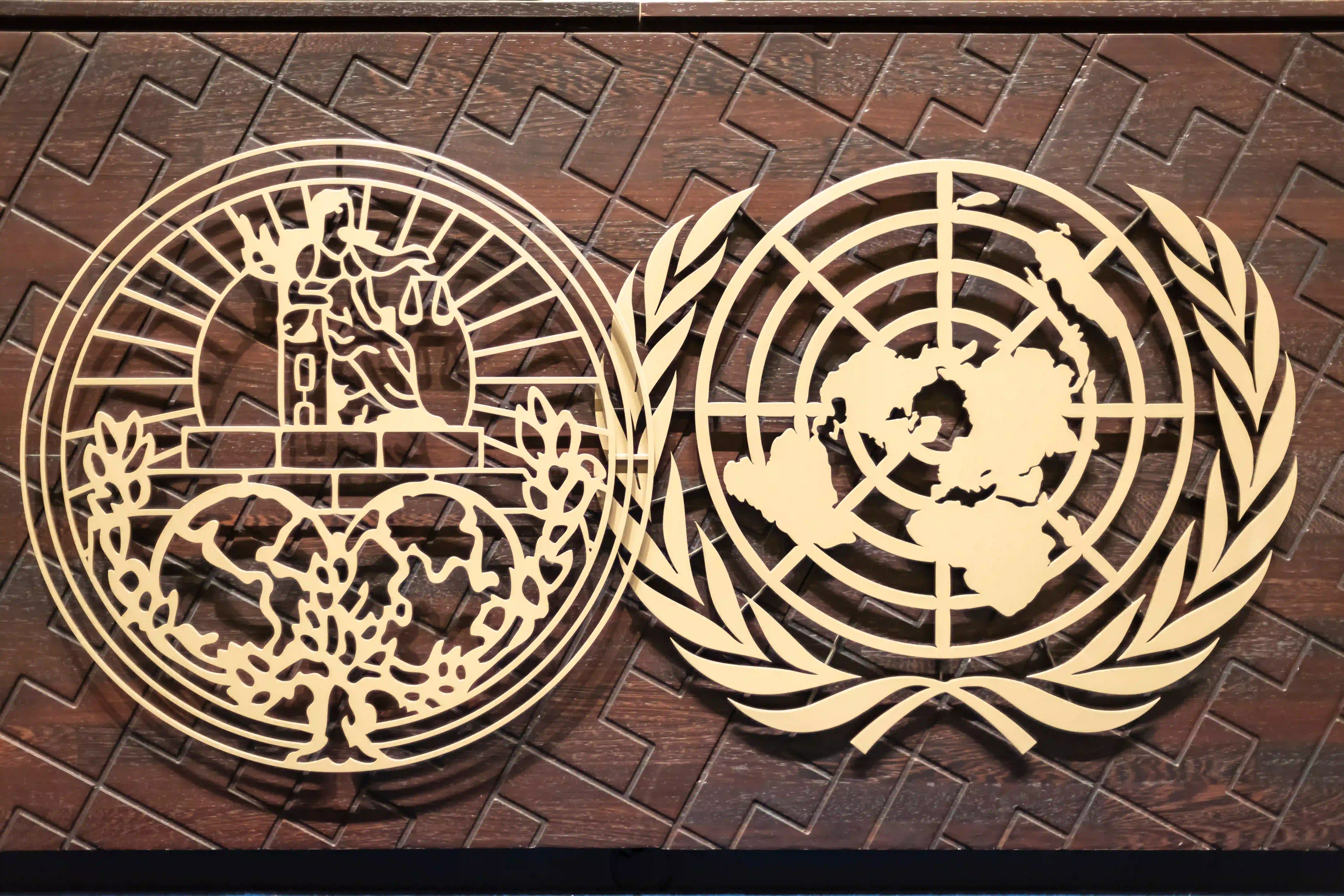
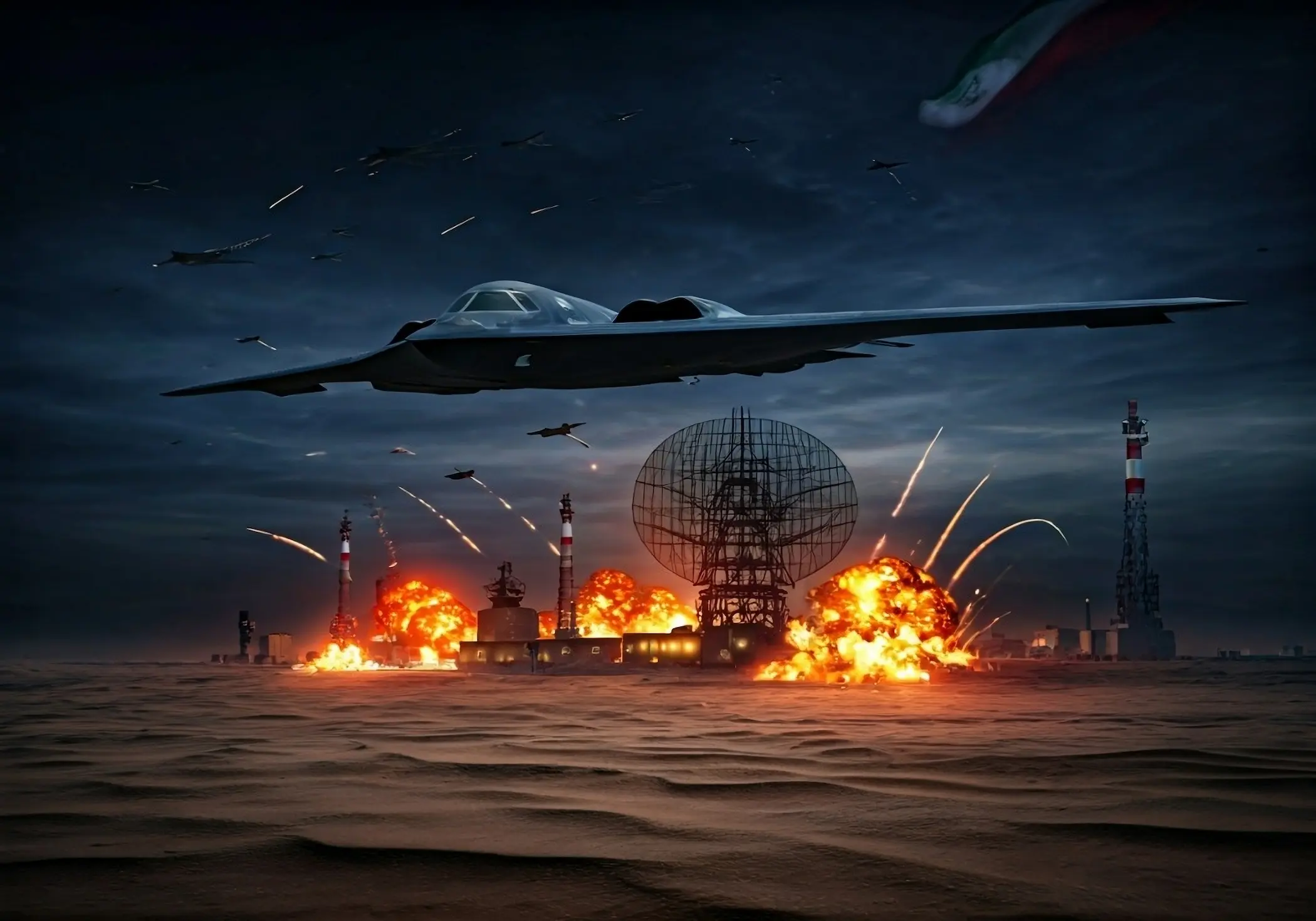
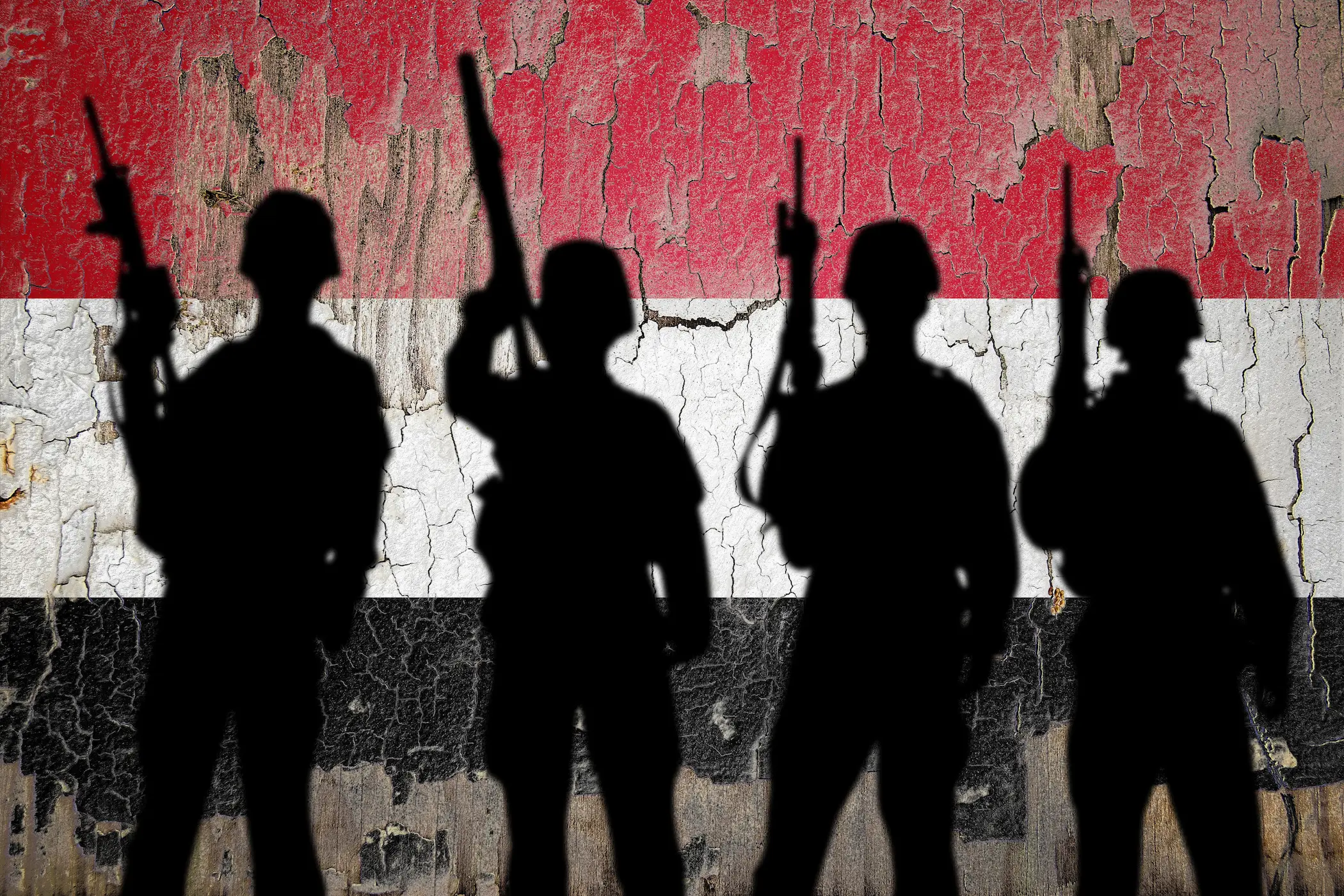
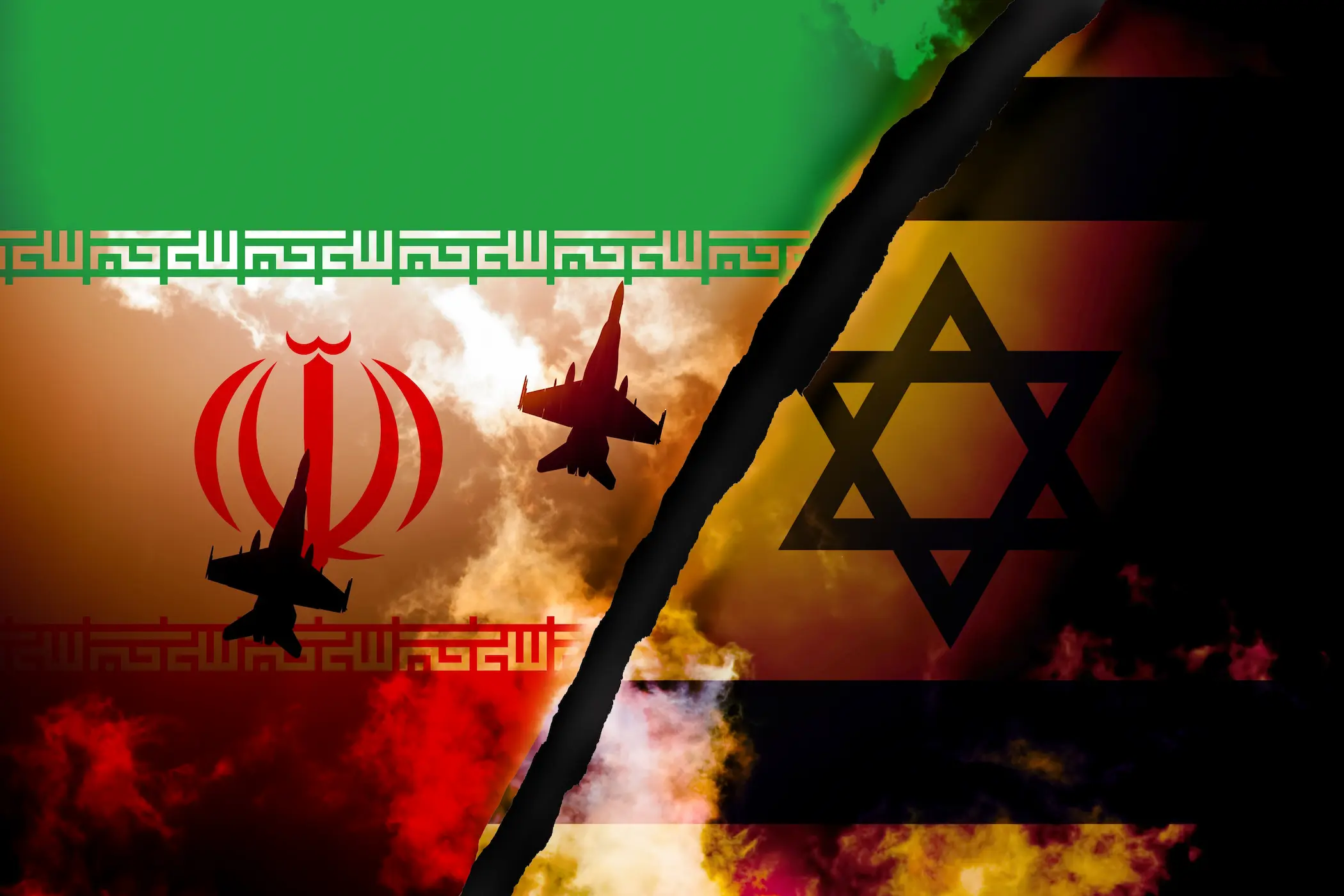














Comments